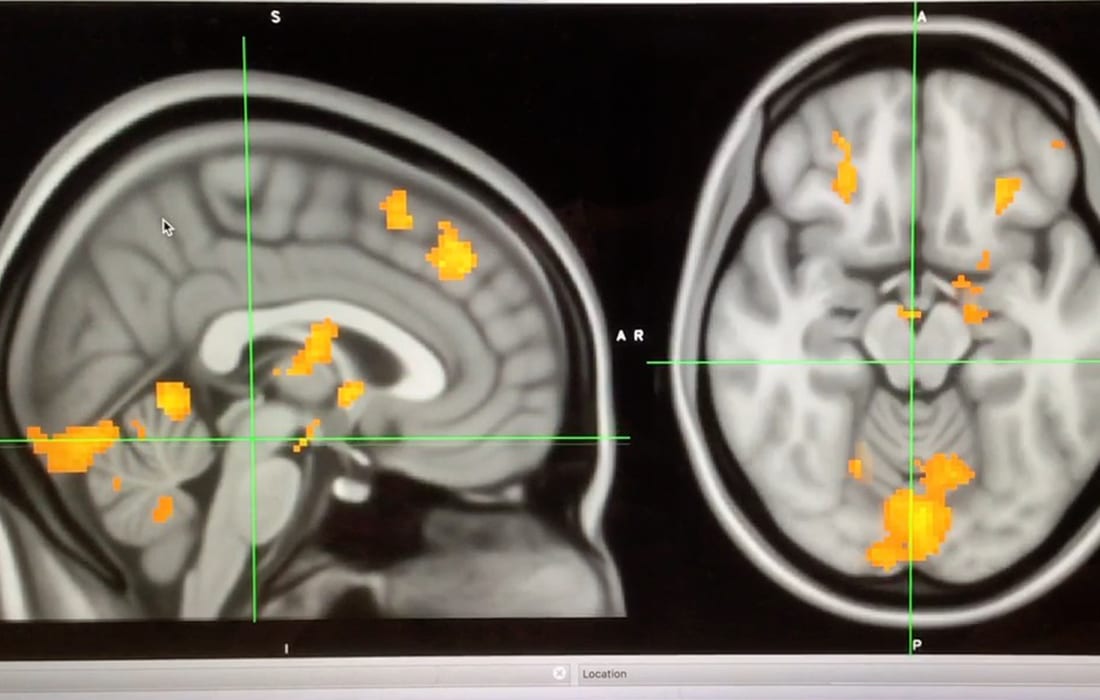SMU professor Priscilla Lui and co-author find that ‘Americanization’ of alcohol use affects women more than men
DALLAS (SMU) – Higher rates of alcohol use and drinking consequences are found among Hispanic American adolescents and adults who are more “Americanized,” according to a new study authored by Southern Methodist University (SMU) professor Priscilla Lui and her colleague, Byron Zamboanga, at Smith College.
 Using scientific research accumulated over the past 40 years, Lui and Zamboanga analyzed data from over 68,000 Hispanic Americans – including first-generation immigrants and native-born individuals. Lui’s research has found that people in this group who are more “Americanized” are more likely to:
Using scientific research accumulated over the past 40 years, Lui and Zamboanga analyzed data from over 68,000 Hispanic Americans – including first-generation immigrants and native-born individuals. Lui’s research has found that people in this group who are more “Americanized” are more likely to:
- be drinkers,
- consume alcohol at greater intensity,
- experience more negative consequences associated with alcohol use, and
- affect women more than men.
Hispanics are the largest ethnic group in the United States. Similar results were found in the Asian ethnic group, which is the fastest-growing U.S. ethnic group. Those who are considered acculturated or “Americanized” tend to have adapted to the political, cultural, or communal influences in the mainstream America, and assimilated to its customs and institutions.
“This research means that, for Asian and Hispanic men, being more ‘Americanized’ may not be associated with substantial changes in their drinking behaviors and consequences,” said Lui. “For Asian and Hispanic women, however, cumulative data show that there’s something about the American way of life that may be making them more likely to drink, and drink more intensely and hazardously.”
According to Lui, existing research has suggested two theories: “Either people are socialized to adopt more permissive and favorable drinking culture in the U.S., or their experiences with cultural stresses, such as the pressure to become ‘American’ or racial discrimination, are making people use alcohol to cope.”
Lui is currently conducting further studies to better test these two theories, and to understand risk and protective factors of alcohol use.
Associations between alcohol use and the acculturation process are a focus of Lui’s research in her Acculturation, Diversity, and Psychopathology Team (ADAPT), where she is the principal investigator. Lui is an assistant professor in the Psychology Department in the Dedman College of Humanities & Sciences at SMU.
The study, “A Critical Review and Meta-Analysis of the Associations between Acculturation and Alcohol Use Outcomes among Hispanic Americans,” is published in the October issue of the journal Alcoholism: Clinical and Experimental Research.
The study by Lui and Zamboanga are being published just as new research from the medical journal, The BMJ, revealed that more Americans, particularly young people, are dying from liver disease and cirrhosis as a result of alcohol consumption.
About SMU
SMU is the nationally ranked global research university in the dynamic city of Dallas. SMU’s alumni, faculty, and nearly 12,000 students in seven degree-granting schools demonstrate an entrepreneurial spirit as they lead change in their professions, communities, and the world.






